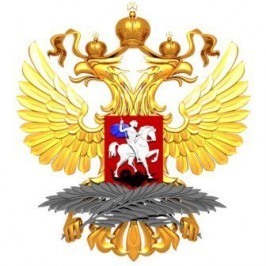On 15 June 2020 the Council of the European Union adopted the 2019 Annual Report on Human Rights and Democracy in the World. We have nothing else to do but note that the EU continues to follow a destructive line towards instrumentalising the human rights agenda and promoting a politicised and frankly selective approach to human rights observance around the world. The chapter on Russia is an arbitrary list of far-fetched insinuations.
The complimentary assessments of the human rights situation in Ukraine, where one flagrant problem – discrimination against the Russian-speaking population – has been elevated to state policy, just do not hold water.
At the same time, the European Union’s good old tradition is trying to pose as the main defender of democratic values around the world and to compete with the United States. This just raises more eyebrows amid the chronic problems with respect for human rights in the European Union and its member countries that still have stateless persons, show little respect for the rights of national and linguistic minorities, and increasingly impose censorship under the pretext of fighting disinformation – cases of infringement on journalists for their professional activities are multiplying. Moreover, all experts in the EU space have expressed concerns about spreading neo-Nazism and the reincarnation of national radicalism.
The paragraph about the EU countries once again abstaining from supporting the draft resolution on Combating glorification of Nazism, neo-Nazism and other practices that contribute to fuelling contemporary forms of racism, racial discrimination, xenophobia and related intolerance co-sponsored by Russia at the 74th session of the UN General Assembly is yet more proof of this quality of the report – it presents the move as “maintaining unanimity in expressing opposition” to the Russian-tabled initiative.
I really do hope this is expressing the personal opinion of those who wrote this paper, and not the position of the foreign ministers of the EU member states that approved it.
I think that many EU residents, if they actually knew that their governments have rejected a document adopted annually and aimed at preventing various forms of racism, would have many questions to ask their foreign ministers – who authorised them to block or criticise this document?
We hope that in the year of the 75th anniversary of the Victory over Nazism, EU capitals will be able to show political will, look outside from the windows of their offices, look around and support the Russian initiative aimed at preventing a revival of hate ideology in all its manifestations.























